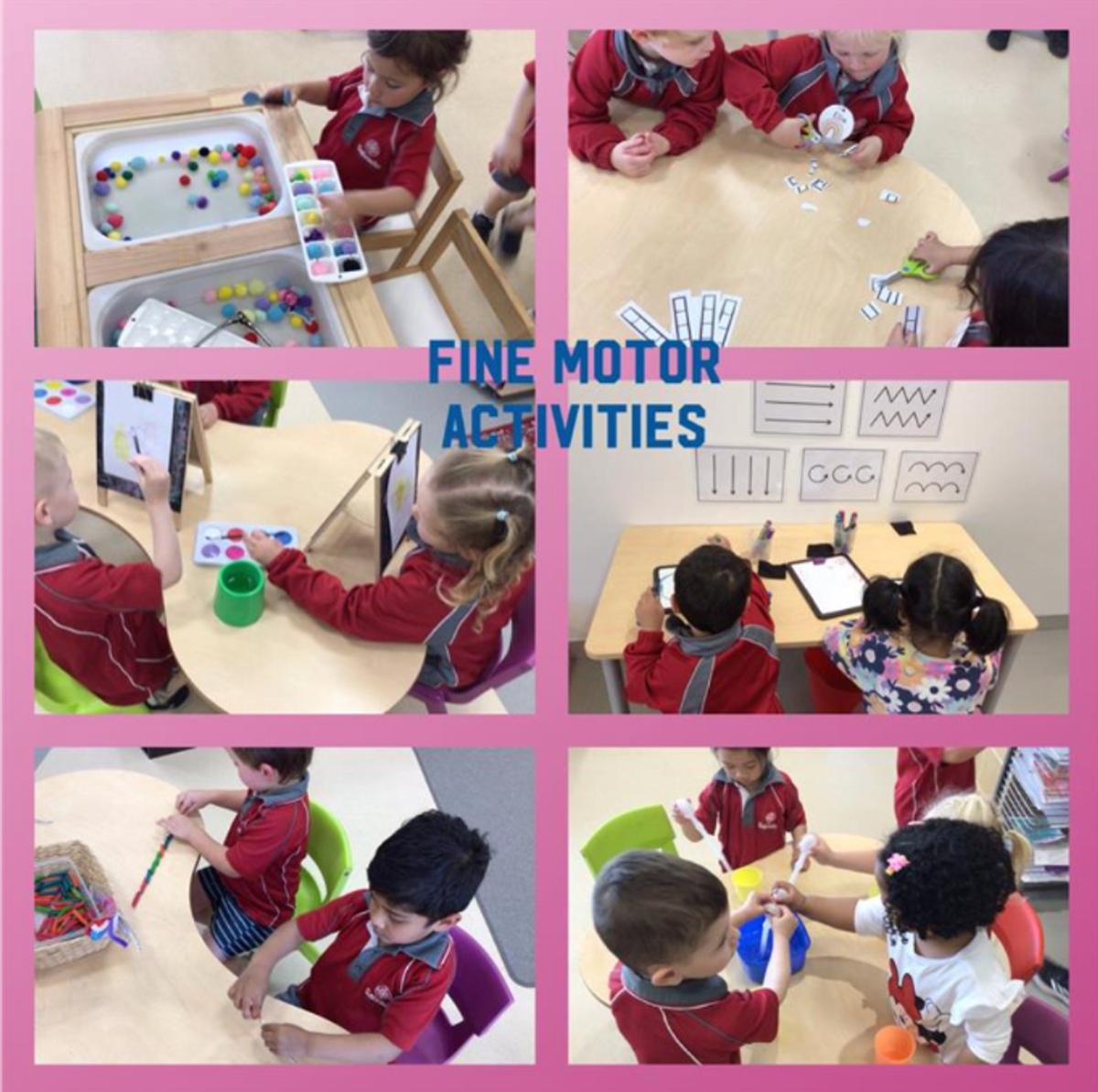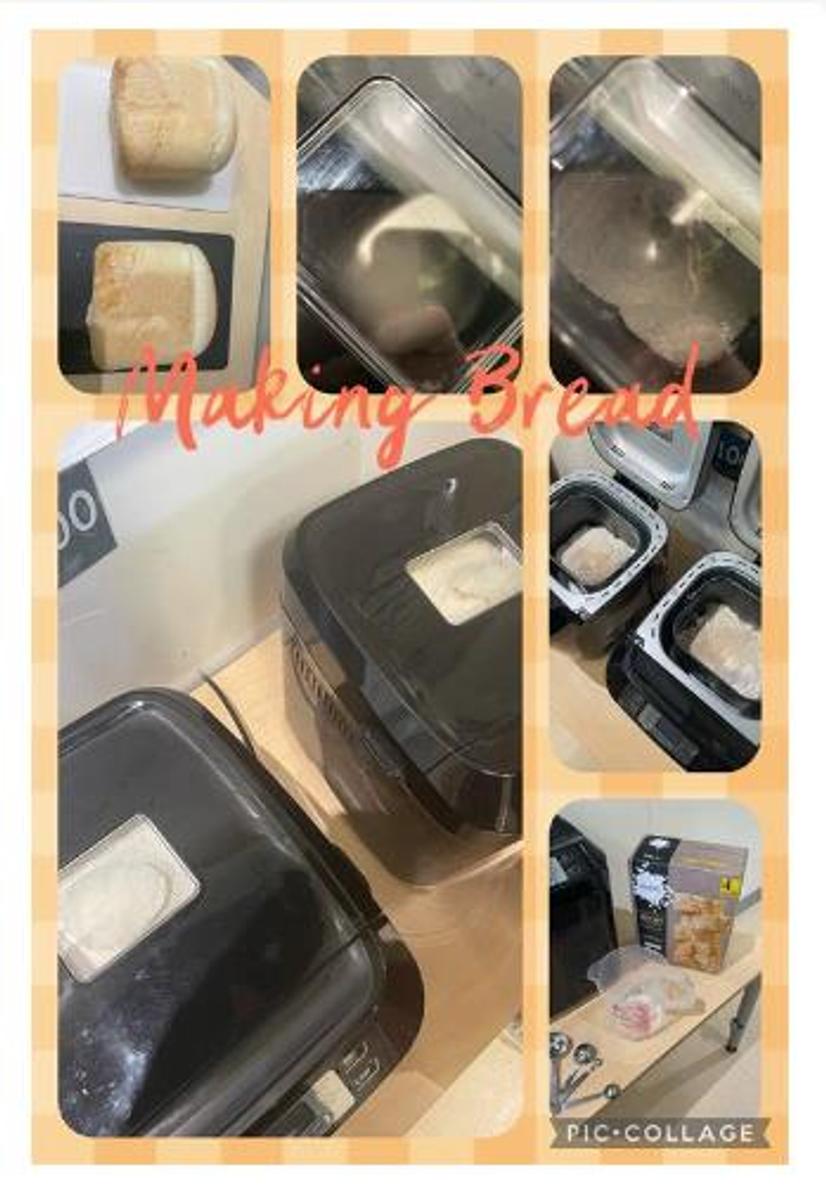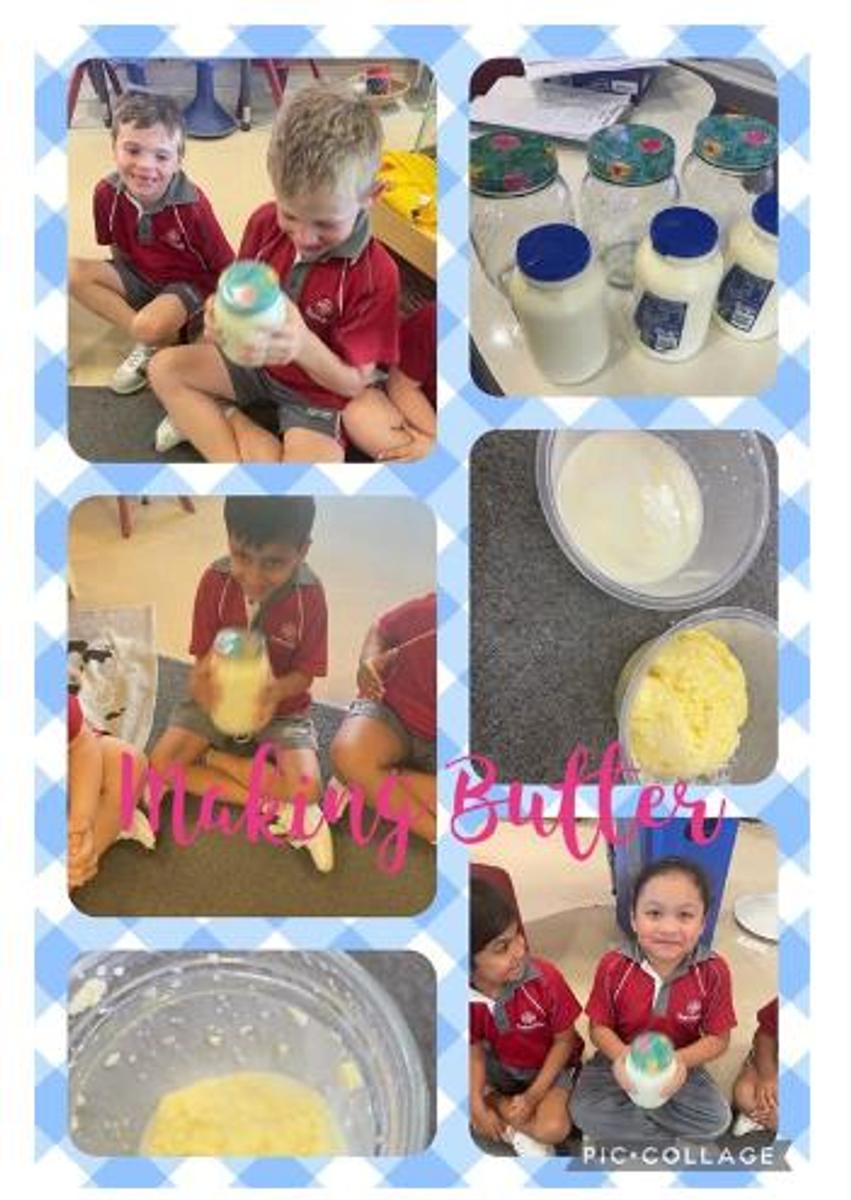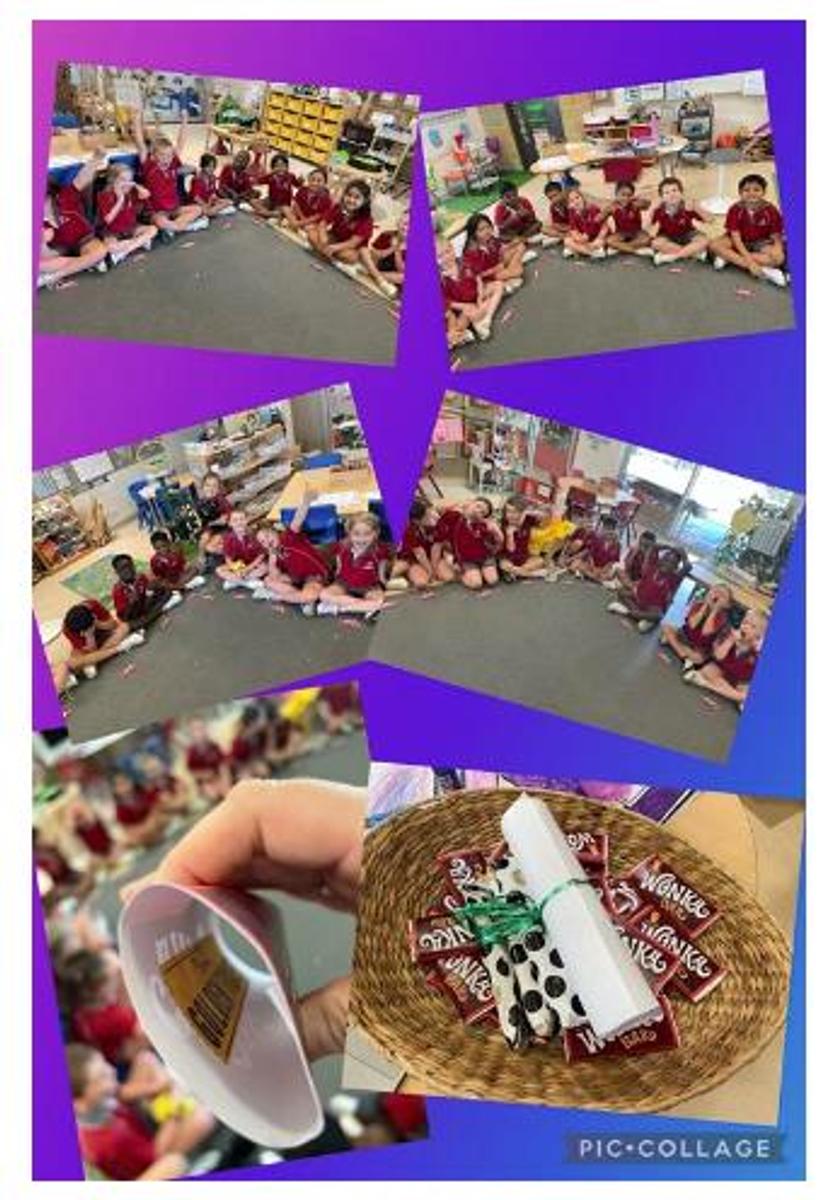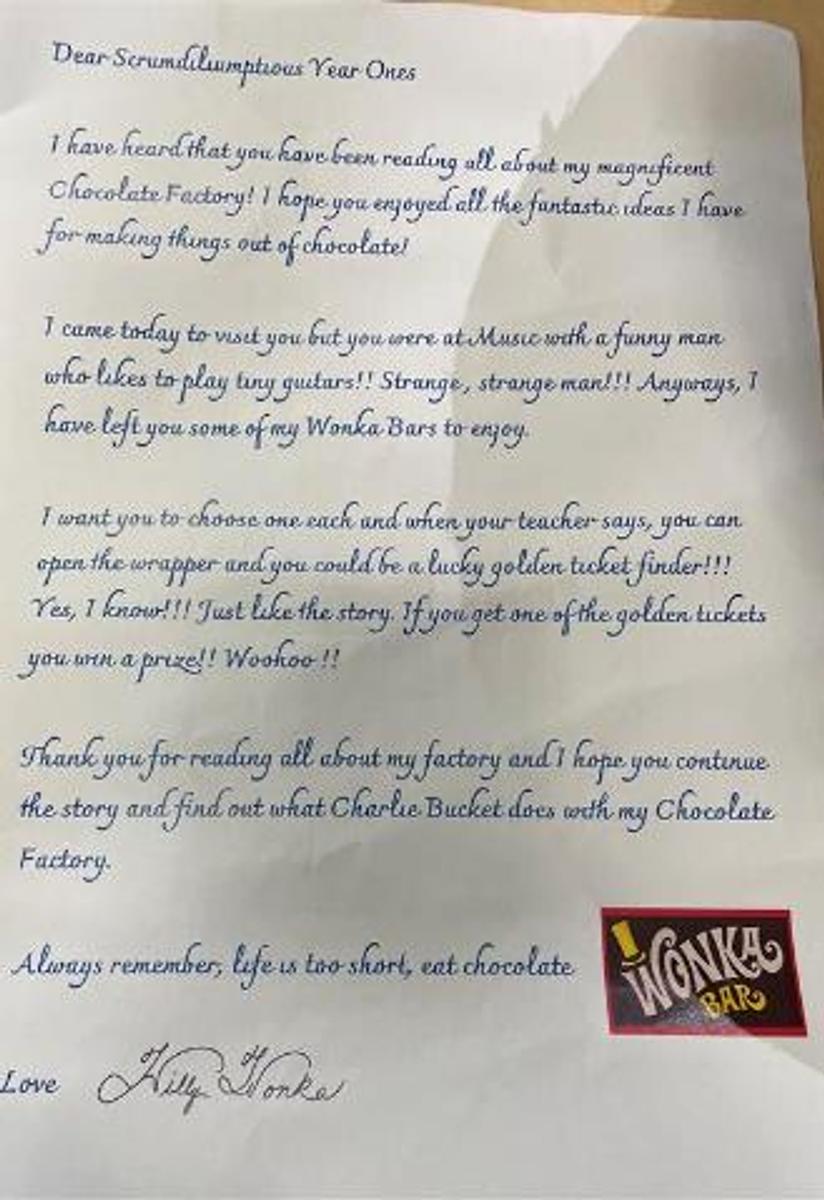The Early Years
Pre-Kindy
The Pre-Kindy classes have been enjoying a wide range of activities to help promote their fine motor skills.
Fine motor skills are essential for young children as they enable them to perform various everyday tasks, from buttoning a shirt to using scissors and holding a pencil to write or draw. Developing fine motor skills can also have a positive impact on a child's cognitive and social development. Here are some activities and tips to help young children develop their fine motor skills:
- Playdough and Clay: Give children playdough or clay to manipulate. Rolling, pinching, and shaping the material can help improve hand strength and coordination.
- Colouring and Drawing: Provide colouring books and drawing materials. Encourage your child to colour within the lines, which helps with hand-eye coordination and fine motor control.
- Cutting with Safety Scissors: Child-safe scissors and paper can be used for cutting out simple shapes and patterns. This activity can improve hand strength and cutting precision.
- Puzzles: Jigsaw puzzles, building blocks, and stacking toys promote fine motor skills as children manipulate small objects and fit them together.
- Stringing Beads: Offer beads and a string to create necklaces or bracelets. This activity helps with hand-eye coordination and finger dexterity.
- Threading Activities: Practise threading large buttons through buttonholes, or use cards with holes for lacing and weaving with yarn or shoelaces.
- Tweezers and Tongs: Provide child-friendly tweezers or tongs for picking up small objects like cotton balls, beads, or pasta. This activity enhances precision and hand strength.
- Cooking and Baking: Involve your child in simple cooking and baking tasks, like stirring, kneading, or decorating cookies. These activities require fine motor skills.
- Building with Blocks: Building with small building blocks or interlocking toys can help develop fine motor skills as children manipulate and connect the pieces.
- Dressing and Undressing: Encourage your child to practise buttoning, zipping, and snapping their clothes. This helps with finger dexterity.
- Using Chopsticks: Introduce chopsticks for eating. This can be a fun way to enhance fine motor skills.
- Finger Painting: Finger painting allows children to explore textures and develop finger strength while being creative.
- Tracing and Cutting Shapes: Provide simple shapes or patterns for tracing and cutting. This can help with hand-eye coordination and precision.
- Play with Musical Instruments: Activities like playing a small keyboard, xylophone, or a recorder can help improve finger dexterity.
- Sensory Bins: Sensory bins filled with materials like rice, beans, or sand can be used for activities that require scooping, pouring, and manipulating small objects.
Remember that every child develops at their own pace, so be patient and encourage their efforts. It's important to create a safe and supportive environment for them to explore and practise these fine motor skills. The key is to make learning fun and engaging, we hope some of these ideas create a fun atmosphere at home for you and your child.
Year One
In HASS, we have been learning about the Past and the Present. We made bread in bread machines for the present and butter in jars like in the past. It was very yummy! 😋
We also finished our class novel called Charlie and the Chocolate Factory and Mr Willy Wonka came and delivered some Wonka bars with 5 golden tickets!!!
Mrs Lisa Ripley
Head of Early Years (Pre-Kindergarten to Year 2)

